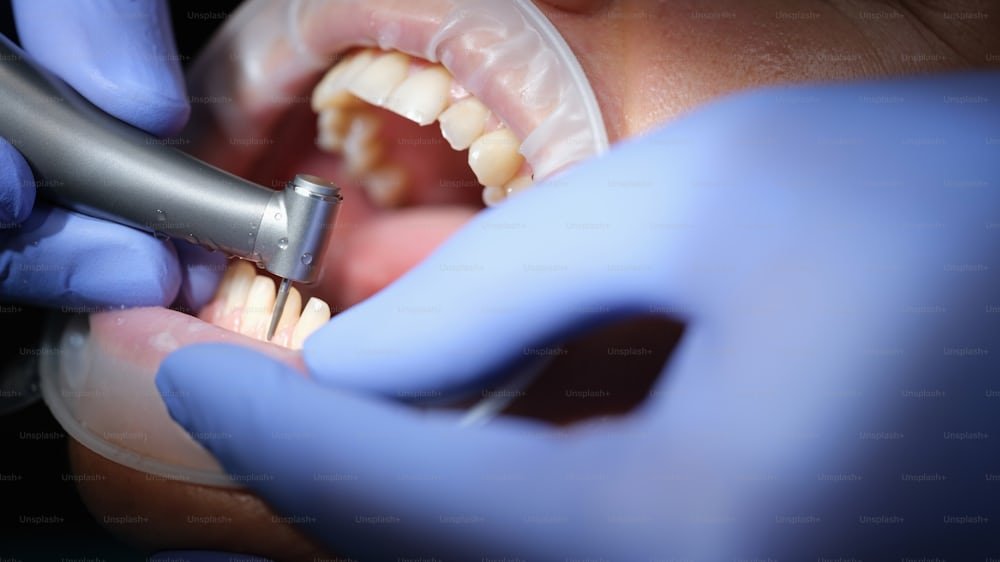Table of Contents
- Understanding Different Types of Headaches
- Common Triggers and Causes
- Effective Home Remedies
- When to Seek Medical Attention
- Lifestyle Changes for Long-term Relief
- Over-the-counter and Prescription Medications
- Alternative Therapies and Treatments
- Creating a Personal Headache Management Plan
Understanding Different Types of Headaches
Headaches are an all-too-common ailment, but they come in various forms, each with distinct characteristics. The types most often seen are tension headaches, migraines, and cluster headaches. Understanding the type of headache you’re experiencing is crucial for effective management. Migraines can bring intense, throbbing pain, often accompanied by nausea, vomiting, and sensitivity to light and sound. These headaches can last from a few hours to several days. Cluster headaches are less common but extremely painful, typically occurring in cyclical patterns or clusters. They often cause severe pain around one eye and may be accompanied by redness, swelling, and nasal congestion.
Common Triggers and Causes
Identifying headache triggers can help manage and prevent them. Common triggers include stress, dehydration, poor posture, and certain foods and beverages. A National Institutes of Health study highlights the importance of recognizing and avoiding these triggers to reduce headache frequency and intensity.
Hormonal changes, especially in women, can trigger migraines. Many women may suffer from migraines before or during their menstrual cycle as a result of changes in estrogen levels. Keeping a detailed diary of your headaches, noting when they occur, their severity, and possible triggers, can help identify specific factors unique to you and provide valuable information to healthcare providers for tailored headache management.
Effective Home Remedies
Many headaches can be effectively managed with simple home remedies. Drinking water can alleviate dehydration-induced headaches; even mild dehydration can trigger headaches. Regular practice of these techniques can prevent headaches and improve overall mental well-being. Applying warm or cold packs to the forehead or the base of the neck can also help alleviate discomfort. Warm compresses relieve tension headaches by loosening tight muscles, whereas cold compresses alleviate migraine pain by decreasing inflammation and numbing the affected area. Changing your work area, like using a chair that supports your back properly and placing your computer screen at the same level as your eyes, can also help avoid headaches caused by poor posture.
When to Seek Medical Attention
While most headaches are mild and manageable at home, some require medical attention. If you experience sudden, severe headaches accompanied by neurological symptoms like numbness, weakness, trouble speaking or seeing, or a headache following a head injury, it’s essential to consult a healthcare professional. Consulting with a doctor is particularly important if you experience headaches that worsen over time, change in nature, or if over-the-counter medications fail to provide relief.
Lifestyle Changes for Long-term Relief
Regular physical activity helps improve blood circulation, relieve tension, and release endorphins—the body’s natural painkillers.
Certain individuals might experience advantages from making specific dietary modifications, such as decreasing their consumption of caffeine, MSG, and certain artificial sweeteners. Additionally, steering clear of tobacco and limiting alcohol consumption are successful tactics, as both can induce headaches and deteriorate overall well-being. Methods for managing stress, like yoga, meditation, and deep breathing, can relieve headache symptoms. Mindfulness meditation, which focuses on staying present and relaxed, can be particularly effective. Incorporating these activities into your daily schedule can bring lasting relief, boost mood, and elevate quality of life.
Over-the-counter and Prescription Medications
For some individuals, medications may be necessary to manage headaches. Over-the-counter pain relievers like ibuprofen, acetaminophen, aspirin, and naproxen can provide relief for occasional headaches. However, it’s essential to use these medications as directed to avoid overuse, which can lead to medication overuse or rebound headaches. It’s recommended to limit the use of these medications to no more than twice a week. In cases of chronic or severe headaches, particularly migraines, a healthcare provider may prescribe stronger medications or recommend preventive treatments such as beta-blockers, triptans, antidepressants, or antiepileptic drugs. Preventive medications are taken regularly to reduce headaches’ frequency, severity, and duration. Discussing all treatment options with your doctor to find the most effective solution for your specific needs and monitoring for potential side effects is vital.
Alternative Therapies and Treatments
Various alternative therapies have shown promise in managing headaches. Acupuncture, chiropractic care, and biofeedback are popular options. These therapies focus on alleviating pain, reducing stress, and improving overall health, which can contribute to headache relief. Chiropractic treatment frequently involves adjustments to the spine to relieve tension, enhance spinal performance, and decrease pressure on the nervous system. Biofeedback helps individuals learn to regulate biological processes. By mastering these abilities, people can decrease the physiological symptoms of stress frequently associated with headaches. Massage therapy also effectively reduces muscle tension and enhances circulation, thus alleviating tension headaches.
Creating a Personal Headache Management Plan
Developing a headache management plan tailored to your needs can be highly effective. Keeping a headache diary to track symptoms, possible triggers, frequency, duration, and treatments can also help manage headaches more effectively. Consistency and taking proactive steps are crucial for effectively managing headaches. By recognizing your headaches and implementing these tactics, you can manage your condition effectively and lessen its influence on your daily life.





